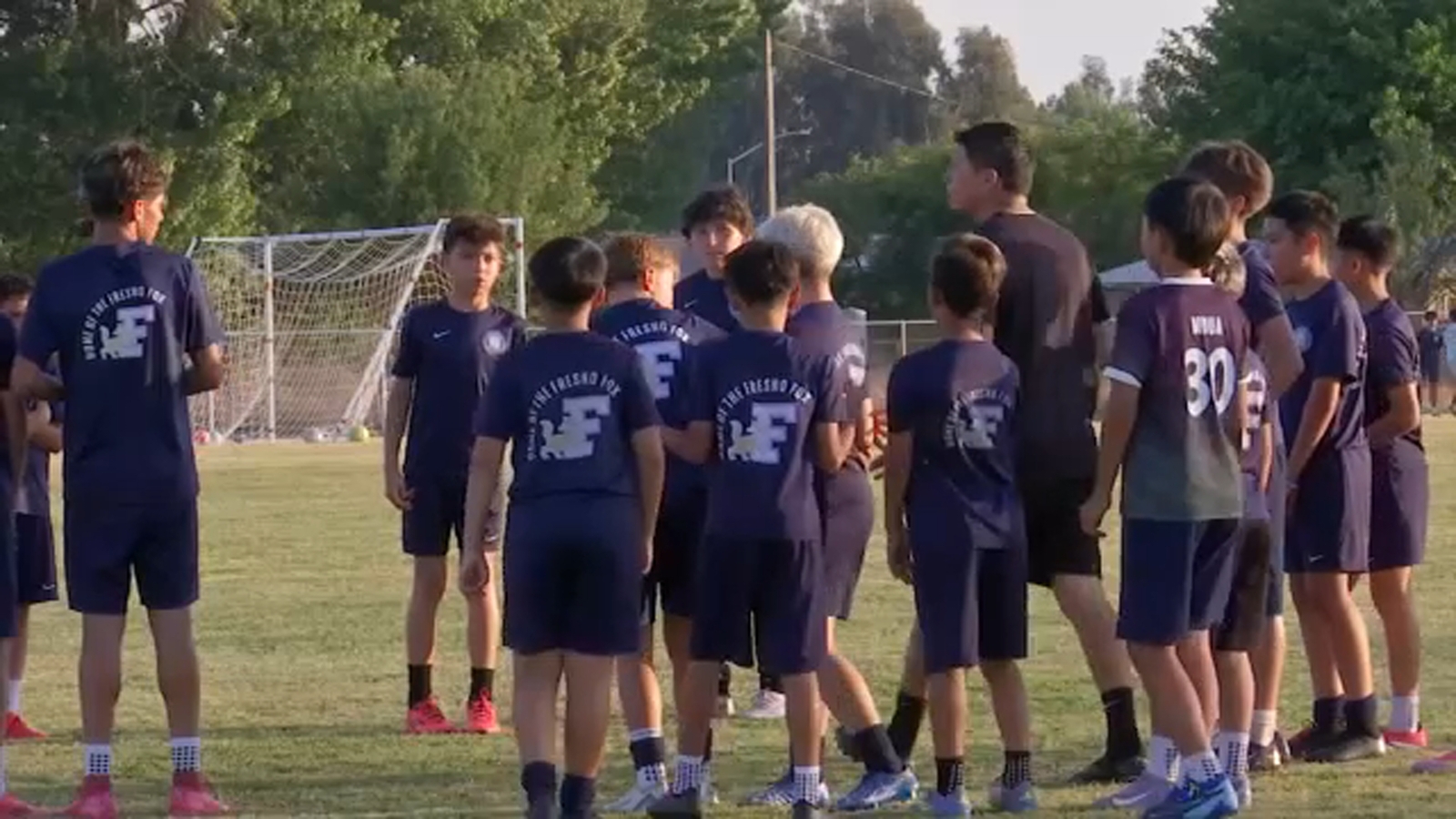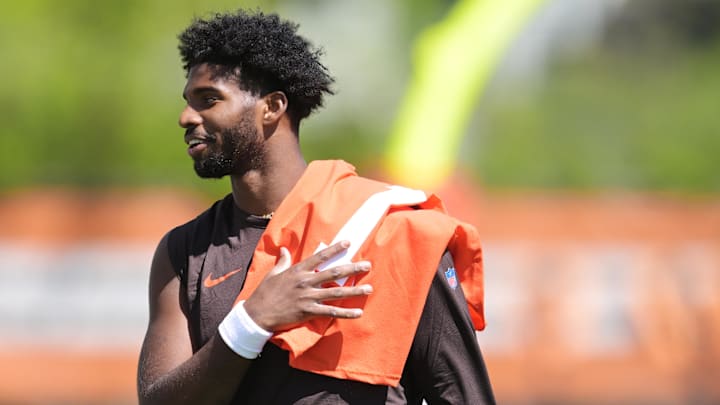The BBC is to hold a listening session for transgender staff following the Supreme Court’s ruling on the definition of a woman . An internal memo from senior figures at the cooperation invited transgender and non-binary staff members to a “dedicated in-person listening session”. It acknowledged that “the last few days have been difficult for many of you” after Britain’s highest court ruled that transgender women are not legally women.
The BBC is facing questions about why the same support was not offered to female employees who have felt isolated by the broadcaster’s position on sex and gender. The memo, seen by The Telegraph, was sent to members of the corporation’s LGBTQ+ network, BBC Pride, by Alice Macandrew, the corporate affairs director, and Simone Marquis, the chief talent and inclusion officer. In a joint message, they said: “Dear all, We recognise that the last few days have been difficult for many of you.

“Like many other organisations, the BBC is waiting to see the updated Equality Act 2010 Code of Practice in order to understand the Supreme Court ruling more fully and any legal implications to our policies and practices. “We want to be really clear that in no circumstances will we accept this ruling being used as a mechanic to create an environment of hostility towards our trans and non-binary colleagues. “We are committed to ensuring that everyone at the BBC feels safe and accepted when they come to work – and that we engender a culture of belonging.
“This means all of us of us working together. For that reason, we’re keen to create a space to hear from our trans and non-binary colleagues on what more we can do to create an environment where the community feels valued, safe and respected. “We would like to invite trans and non-binary colleagues to a dedicated In-Person Listening session.
“It will be a great opportunity for us to meet you and for you to share how you are feeling, to help us understand what some of your challenges are and discuss your thoughts about what practical steps we could take to create an inclusive environment.” The BBC has previously faced criticism for its stance on trans issues. Last year, the broadcaster upheld a complaint against Justin Webb, the Today presenter, after he called trans women “males” on air .
The corporation also subjected Cath Walton, a former journalist, to a disciplinary process for saying there was no scientific support for the idea that “males can be women” in a post on X. Helen Joyce, director of advocacy at human rights charity Sex Matters, said: “What about all the years when women at the BBC felt that they were threatened, sidelined, insulted and humiliated by the BBC’s unstinting support for the identity claims of men who say they are women? “Did the BBC worry about those women’s mental health and feelings of distress? We know perfectly well they didn’t, because we hear from those women all the time. Instead of being concerted they were bullied – in some cases bullied out of their jobs.
“This response is one that those of us who have watched the BBC’s coverage of the supreme court judgment have become very familiar with. “Rather than asking how it affects women, they skip straight past the female half of humanity and go straight to how a tiny minority of identity-confused men feel about it. It’s as if women don’t even exist for our national broadcaster.
” Kate Barker, chief executive of LGB Alliance, said: “We agree: everyone should feel safe to come into work. However, the BBC’s output since the Supreme Court judgment makes us question whether it feels some people are more deserving than others when it comes to safety and recognition. “It has devoted huge swathes of coverage – and now counselling – to those who identify as trans, and nothing to LGB people who have fought for 10 years for their basic rights to single-sex spaces.
” The BBC declined to comment..
Sports

BBC to hold listening day for trans staff

The BBC is to hold a listening session for transgender staff following the Supreme Court’s ruling on the definition of a woman.















